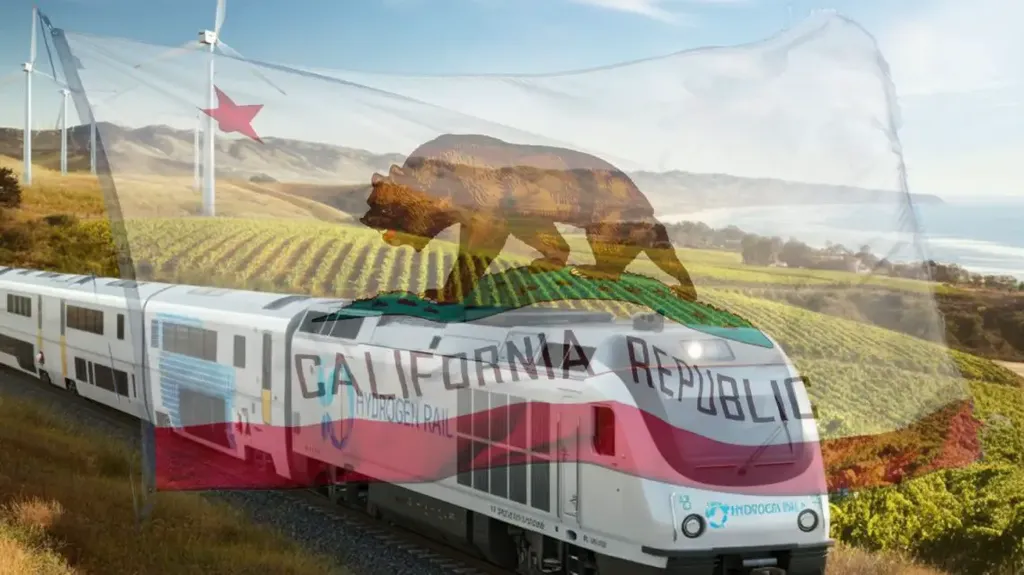In the realm of railway technology, a groundbreaking study is paving the way for the future of locomotive automatic operation, promising significant advancements and commercial impacts for the energy sector. Published in the journal *Kongzhi Yu Xinxi Jishu* (translated as “Control and Information Technology”), the research, led by HU Yunqing, delves into the intricate world of automated train operations, addressing key technologies and challenges that could revolutionize the industry.
The study meticulously analyzes the characteristics and critical issues of locomotive automatic operation technology, providing a comprehensive overview of both domestic and international developmental statuses. HU Yunqing and his team have made significant strides in understanding the nuances of train longitudinal dynamics modeling, constraint construction, control evaluation, scenario decision-making, motion planning, and follow control. These areas are pivotal for enhancing the efficiency and safety of automated train operations.
One of the most compelling aspects of this research is its focus on technical solutions for key issues such as circulating air braking control and control in complex combination scenarios. “Our goal is to develop technologies that not only improve the performance of automated trains but also ensure their safe and efficient operation in various scenarios,” HU Yunqing explained. This emphasis on safety and efficiency is crucial for the energy sector, where heavy-haul trains play a vital role in transporting goods and resources.
The research also highlights the need for rapid construction of locomotive automatic operation scene sets and situational awareness based on vehicle-ground information fusion. These advancements could lead to more intelligent and responsive train systems, capable of adapting to different operational environments and conditions. “By integrating advanced technologies, we can create a more robust and reliable automated train system that meets the demands of the modern energy sector,” HU Yunqing added.
The implications of this research are far-reaching. As the energy sector continues to evolve, the demand for efficient and sustainable transportation solutions grows. Automated train operations offer a promising avenue for meeting these demands, reducing operational costs, and improving overall efficiency. The study’s findings could shape future developments in the field, driving innovation and technological advancements that benefit both the railway industry and the broader energy sector.
In conclusion, the research led by HU Yunqing represents a significant step forward in the realm of locomotive automatic operation. By addressing key technologies and challenges, the study provides valuable insights and solutions that could transform the way trains operate. As the energy sector continues to seek efficient and sustainable transportation solutions, the findings of this research offer a glimpse into a future where automated trains play a central role.

